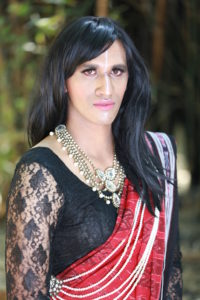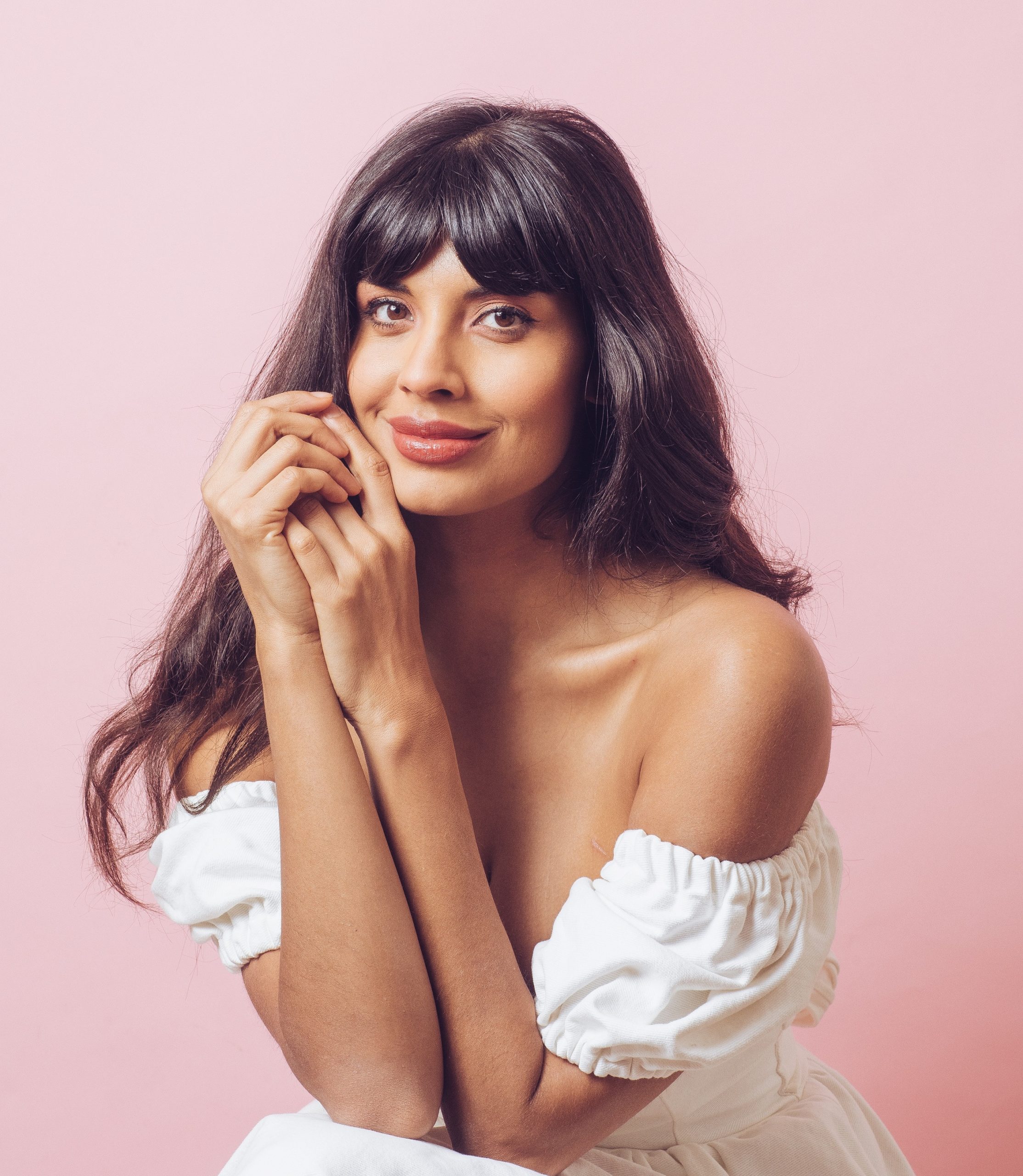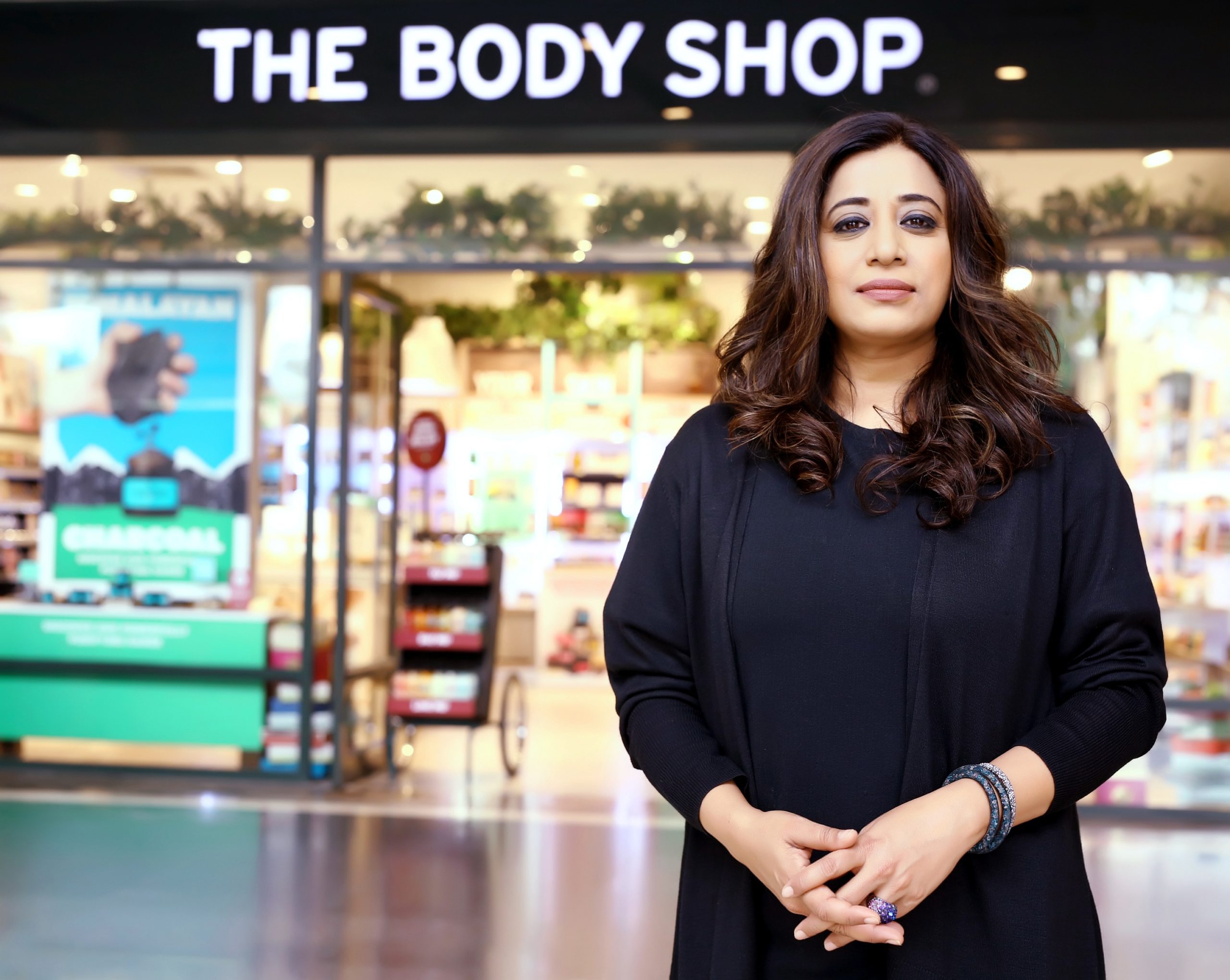SELF LOVE CRISIS: 1 IN 2 WOMEN WORLDWIDE FEEL MORE SELF-DOUBT THAN SELF-LOVE
South Korea, Saudi Arabia and France rank lowest on The Body Shop Global Self Love Index
by Suman Gupta
March 2021: A global report launched today by The Body Shop has identified a self-love* crisis for women around the world, with 1 in 2 women feeling more self-doubt than self-love, and 60 per cent wishing they had more respect for themselves. The Body Shop Global Self Love Indexis a first-of-its-kind study, commissioned to inform a long-term commitment from The Body Shop to always use its voice to build self-esteem. As a result, The Body Shop is launching a global movement called the “Self Love Uprising”, supported by British activist and actressJameela Jamilinternationally. Additionally, The Body Shop India has joined hands with 3 inspiring Indian changemakersaka the Leading Lights– Dr. TrinetraHaldarGummaraju, Alex Mathew & Ankita Chaturvedi, who truly mirror the essence and value of the brand’s ‘SELF-LOVE UPRISING’ initiative.
 Dr. TrinetraHaldarGummaraju (@ind0ctrination): ADoctor, Content Creator, Artist and Trans Woman. Trinetra is one of Karnataka’s first trans woman doctorsand a fiercely authentic advocate for the India trans community.
Dr. TrinetraHaldarGummaraju (@ind0ctrination): ADoctor, Content Creator, Artist and Trans Woman. Trinetra is one of Karnataka’s first trans woman doctorsand a fiercely authentic advocate for the India trans community.
 Alex Mathew (@MayaTheDragQueen): An actor, singer, LGBTQIA Influencer, TEDx speaker & professional emcee. Alex goes by his drag persona Maya and is one of India’s foremost drag artistes challenging gender norms in her own unique way.
Alex Mathew (@MayaTheDragQueen): An actor, singer, LGBTQIA Influencer, TEDx speaker & professional emcee. Alex goes by his drag persona Maya and is one of India’s foremost drag artistes challenging gender norms in her own unique way.
Ankita Chaturvedi (@corallistablog): Engineer-turned Entrepreneur, Content Creator, Beauty Influencer and Trained Makeup Artist. One of India’s top beauty influencers, Ankita is a strong voice for body positivity and self acceptance to millions of her followers around the world.
While India ranked 10th marking its position almost in the middle, South Korea, Saudi Arabia and France rank lowest for self-love, whereas Denmark, Australia, and the United States rank the highest. The study, designed by The Body Shop and leading market research firmIpsos, ran between November and December 2020 with over 22,000 people in 21 different countries. The Self Love Index comprises a number of academic measures of self-worth, wellbeing, and happiness, and reveals how age, gender, country, and living standards impact how people feel about themselves.
Further key findings of The Self Love Index include:
Top three of the most influential factors for high levels of confidence |
Top three of the most influential factors for low levels of confidence |
My relationships with my family (36%)My ability to take on new challenges (26%)My mental wellbeing (25%) |
My financial status (26%)What others think of me (23%)The state of the world (e.g. politics, the economy) (22%) |
-
People in India have a Self-Love Index score of 52, 1 point below the global average score (53)
-
Self-Love increases somewhat with age in India. Those under 35 are more likely to be in the lowest 25% of the Self-Love scores (37% compared to 20% of those 55 and over).
-
People who are single have lower Self-Love, with an average score of 49.
-
Those living in the North have a lower Self-Love Index score (50) than those living elsewhere in the country.
-
People from minority groups are more likely to have a low self-love score, with an index of 46 compared to 54 among those not in minority groups. 54% of those with disabilities are in the lowest 25% of self-love scores.
-
Economic status impacts Self-Love with 40% of those who are not financially comfortable in the lowest 25% of self-love scores, both with a Self-Love Index score of 46.
-
Those who have been educated to a higher level had a more self-love, with those educated to degree level scoring 53, compared to 47 among those who did not go to university.
-
The connection we see globally between social media usage and self-love scores in which the greater the use of social media, the lower the self-love score is likely to be, is not in evidence in India. There is no significant difference in self-love scores between those who use social media for more than two hours a day and those who use it less
-
65% of people in India say they always or usually get the social and emotional support they need. Women (68%) and people who are married are more likely to feel supported (69%)
My attitude towards myself is very stable |
Global |
India |
Strongly disagree |
3% |
1% |
Disagree |
19% |
7% |
Agree |
60% |
57% |
Strongly agree |
18% |
34% |


 The Body Shop India Self-love Expert (aka Leading Light), Dr. TrinetraHaldarGummaraju, said: “Before self-love comes self-acceptance.It could mean coming to terms with your queerness. It could mean allowing oneself to be loved by someone, just as one is. One has to start somewhere, and I strongly believe everyone has that inherent ability, no matter how hard to access. I feel when marginalized individuals love themselves, a revolution begins. The Body Shop India, in an attemptto bring about this revolution is backing up a meaningful campaign – Self Love Uprising that I honestly resonate with.Self-love is the ability to fully, radically embrace every aspect of my being – the imperfect, messy, vulnerable just as much as the strong, bold, and fierce bits.Self-love is a journey, not a destination – it isn’t a goal, but an active process, especially for a marginalized individual.My journey with self love began the day I chose to ignore everything I was assigned at birth – a male gender identity, a masculine presentation, stereotypically male gender roles.I love to lead by example. There is something powerful about seeing someone fully own their identity and expression, and every single one of us that is able to do it serves as inspiration to so many out there in need of hope. I can only wish that I’m able to do that for a generation of queer kids out there by celebrating myself.”
The Body Shop India Self-love Expert (aka Leading Light), Dr. TrinetraHaldarGummaraju, said: “Before self-love comes self-acceptance.It could mean coming to terms with your queerness. It could mean allowing oneself to be loved by someone, just as one is. One has to start somewhere, and I strongly believe everyone has that inherent ability, no matter how hard to access. I feel when marginalized individuals love themselves, a revolution begins. The Body Shop India, in an attemptto bring about this revolution is backing up a meaningful campaign – Self Love Uprising that I honestly resonate with.Self-love is the ability to fully, radically embrace every aspect of my being – the imperfect, messy, vulnerable just as much as the strong, bold, and fierce bits.Self-love is a journey, not a destination – it isn’t a goal, but an active process, especially for a marginalized individual.My journey with self love began the day I chose to ignore everything I was assigned at birth – a male gender identity, a masculine presentation, stereotypically male gender roles.I love to lead by example. There is something powerful about seeing someone fully own their identity and expression, and every single one of us that is able to do it serves as inspiration to so many out there in need of hope. I can only wish that I’m able to do that for a generation of queer kids out there by celebrating myself.”